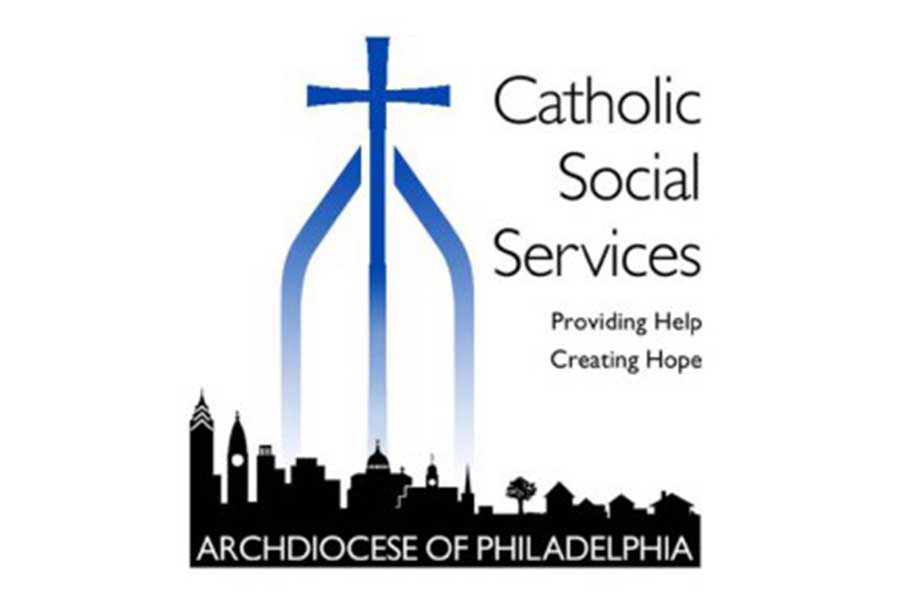Officials representing 17 states and the District of Columbia have filed an amicus brief in support of Philadelphia’s efforts to prevent LGBT bias within the city’s foster-care system.
In March, city officials stopped referring foster-care children to Catholic Social Services of Philadelphia after published reports that CSS wouldn’t place children with same-sex couples.
City officials contend CSS’ policy violates the city’s Fair Practices Ordinance, which bans, among other things, discrimination on the basis of LGBT status. However, CSS claims the city is violating its religious-freedom and free-speech rights. CSS filed suit against the city in May, and the dispute remains pending in the Third Circuit Court of Appeals.
CSS seeks a preliminary injunction from the Third Circuit to order the city to resume foster-care referrals to CSS. Otherwise, CSS maintains, its foster-care program is at risk for closure.
CSS currently provides foster-care services for about 100 children in city custody.
The states that filed the amicus brief are California, Connecticut, Delaware, Hawaii, Illinois, Iowa, Maine, Maryland, Massachusetts, Minnesota, New Jersey, New York, Oregon, Rhode Island, Vermont, Washington and the District of Columbia. The 39-page brief contends it’s in the best interests of children to prevent anti-LGBT bias in the foster-care system.
Alabama, Arkansas, Kentucky, Louisiana, Missouri, Nebraska, Oklahoma and Texas filed an amicus brief last month in support of CSS’ position that its rights were being violated by the city.
The Oct. 4 amicus brief in support of the city urges the Third Circuit “not to issue a preliminary injunction requiring Philadelphia to allow discrimination against same-sex couples in the provision of foster-care services.”
The brief estimates that 27,000 same-sex couples are raising 58,000 adopted and foster children in the United States.
“Children living within same-sex parent families fare equally well as children living within different-sex parent families,” the brief states. “For example, children in same-sex parent families are equally well-adjusted. Full inclusion of LGBTQ people in the pool of foster parents thus maximizes the number of safe and loving homes available to foster children.”
The brief urges the Third Circuit not to set a precedent by allowing anti-LGBT bias within the foster-care system.
“We cannot afford to turn away any qualified families from the pool of prospective foster parents due to their sexual orientation or any other characteristic unrelated to parenting ability,” the brief states. “To allow for such discrimination would mean that the optimal foster family (or even a suitable one) might not be available to a child at the moment that the child most needs it. And discrimination based on sexual orientation, in particular, would diminish the extraordinary contributions of LGBTQ foster and adoptive parents to children in our society.”
The brief also states that “taking responsibility for children’s lives when their safety requires it is among the most solemn functions performed by state and local governments,” adding that government should “shield people who have come forward to perform one of the most laudable acts in our society.”
In court papers, CSS alleges that the city’s antibias policy has contributed to a shortage of qualified foster-care parents for at-risk children. However, the amicus brief refutes that allegation, noting that states can draw on a “diverse group of contractors” who do not discriminate.
Additionally, the brief refutes CSS’ contention that city officials targeted the agency for unfair treatment because of hostility to Catholicism.
“Upon learning of violations from independent reporting, Philadelphia simply sought to enforce its antidiscrimination ordinance and associated contractual requirement applying to all of its foster-care service providers,” the brief states.
In prior court filings, city officials wrote they’re not hostile to Catholicism. According to records, in the past year the city paid about $26 million to CSS for a variety of services apart from foster care. About $4 million of those funds came from city tax dollars; the remaining funds came from state and federal grants.
A city spokesperson expressed appreciation for the amicus brief. “The city is grateful to have the support and backing of these [states] on this matter,” Heather Keafer wrote in an email.
Oral arguments on the dispute are scheduled for 2 p.m. Nov. 6 at the U.S. Court House, 601 Market St. Both sides will have 30 minutes to present their case. The Third Circuit judges who will hear the case are Thomas L. Ambro, Marjorie O. Rendell and Anthony J. Scirica. Rendell and Ambro were appointed to the court by President Bill Clinton. Ambro was appointed by President Ronald Reagan.
Massachusetts Attorney General Maura Healey’s office wrote the brief and solicited support from the other states and the District of Columbia. LGBT-inclusive antibias laws are in place “to protect prospective foster parents from being discriminated against, and to ensure that children who are in state custody have the best chance at finding safe, loving and supportive homes,” Healey said in an email. “We filed this brief to stand up for the fair and equal treatment of all Americans.”
Justin F. Robinette, a local civil-rights attorney, commended the supporters for promoting the welfare of foster children.
“What’s in the best interests of the child should always be a guiding light for government,” Robinette told PGN. “As the amicus brief points out, thousands of LGBT children are in foster care. It’s in their best interests not to have anti-LGBT bias within the foster-care system. The brief also notes that LGBT foster parents have so much to offer. Their contributions should be welcomed, not curtailed due to discrimination. I just hope the appellate courts agree.”
